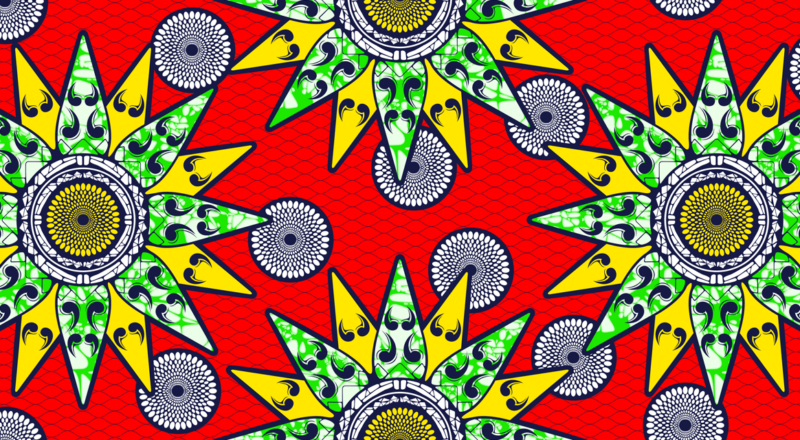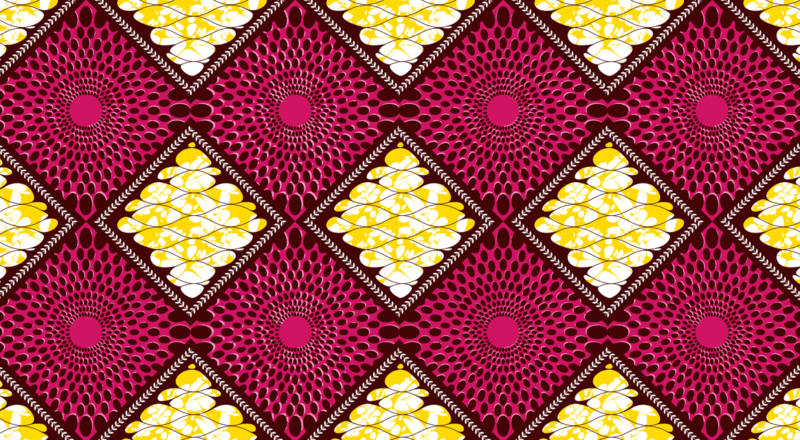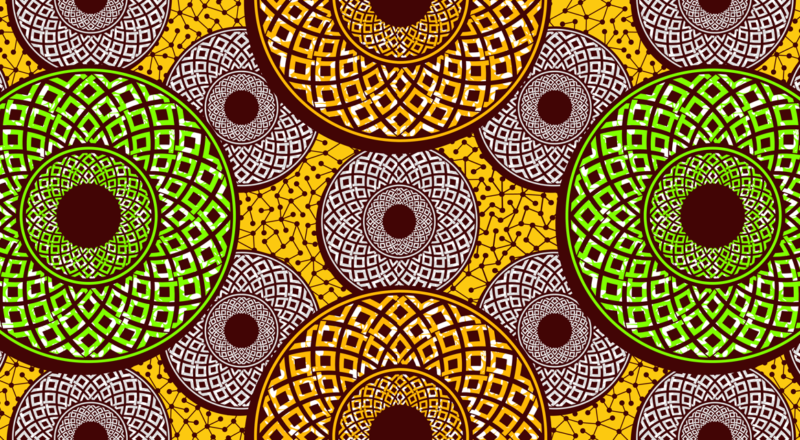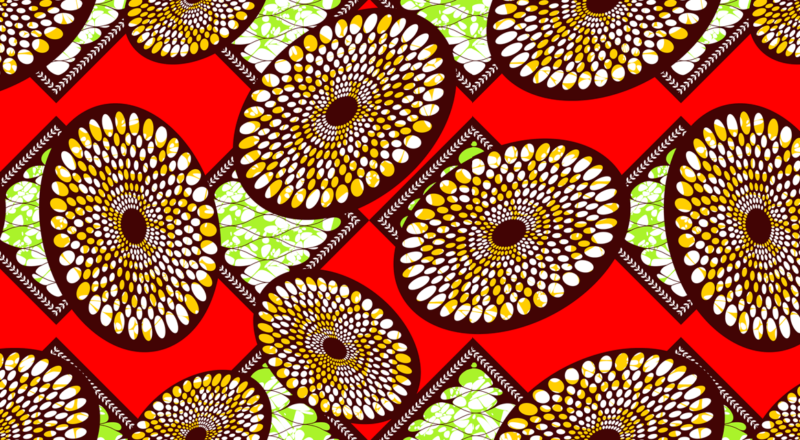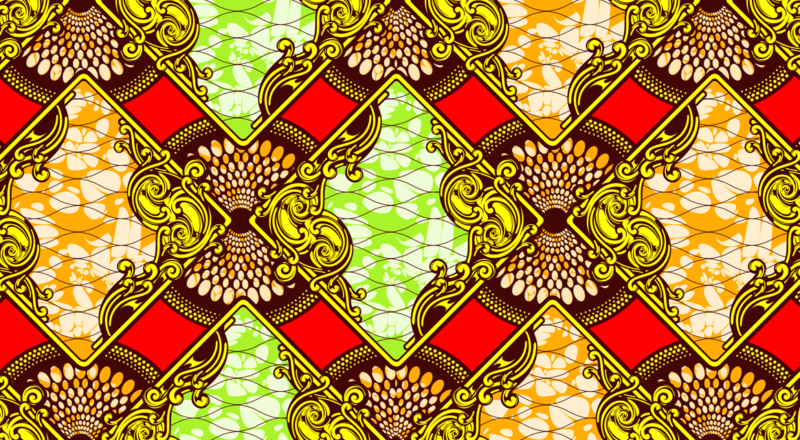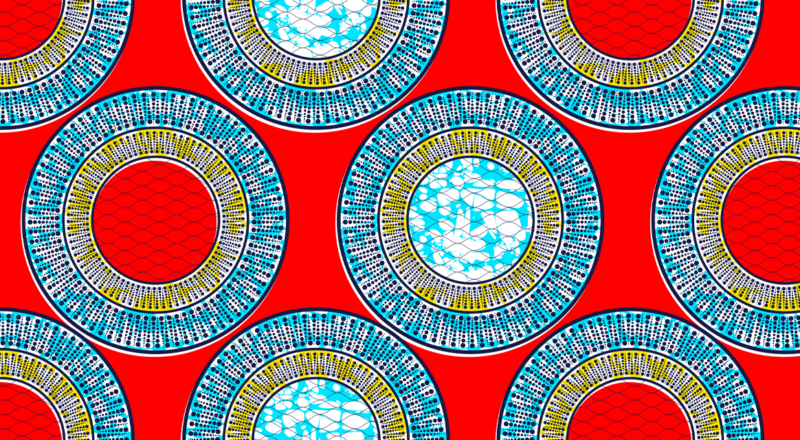Another in our series of Chopi Migodo, from Mozambique, collected by the great ethnomusicologist Hugh Tracey. In Gomukomu’s Ng’godo for 1942/43, work, taxation, and their effects on women are the dominant themes, against the background of oppressive Portuguese rule.
The Song of the Bicycle
Malam Aliyu na Mangi was the leading poet of the Hausa in the mid-20th century. Born in 1895, within his first year he lost his sight through an attack of measles and smallpox. Despite this, he became a Malam learning by heart the texts required to become an Islamic scholar.
We give thanks to the Lord of the Worlds
for the bounty bestowed on us in no small measure…
Vimbuza Songs
The Tumbuka people live in eastern Zambia and northern Malawi, their homeland split by the border drawn by the British in 1890. But forty years before, the Tumbuka had suffered an earlier invasion, by Ngoni people fleeing the rise of the Zulu nation in south-east Africa. After many wanderings, the Ngoni settled in the Tumbuka heartlands, bringing with them a new cattle-based economy, new patterns of settlement and new systems of marriage.
We, today’s orphans,
We, today’s orphans…
Ng’godo: Gomukomu 1940
Another in our series of Chopi Migodo, from Mozambique, collected by the great ethnomusicologist Hugh Tracey. Gomukomu’s Ng’godo for 1940 is a celebration of the beauty and power of Chopi music, set against the sheer pettiness of Portuguese rule with its forced labour, its taxes and its tiresome officials.
Ng’godo: Katini 1940
The Migodo (singular Ng´godo)of the Chopi people of southern Mozambique are among the most exciting spectacles to be witnessed in Africa. They are annually staged entertainments made up of dances, songs and music played on orchestras of massed xylophones played by up to 48 musicians.
Ogun, God of War
A collection of Yorùbá Oríkì (praise poems) for the Òrìṣà Ògún. Some of these were included in a previous post, but are included again here to illustrate how different Oríkì could be recombined in performance.
Ogun kills on the right and destroys on the right.
Ogun kills on the left and destroys on the left…
